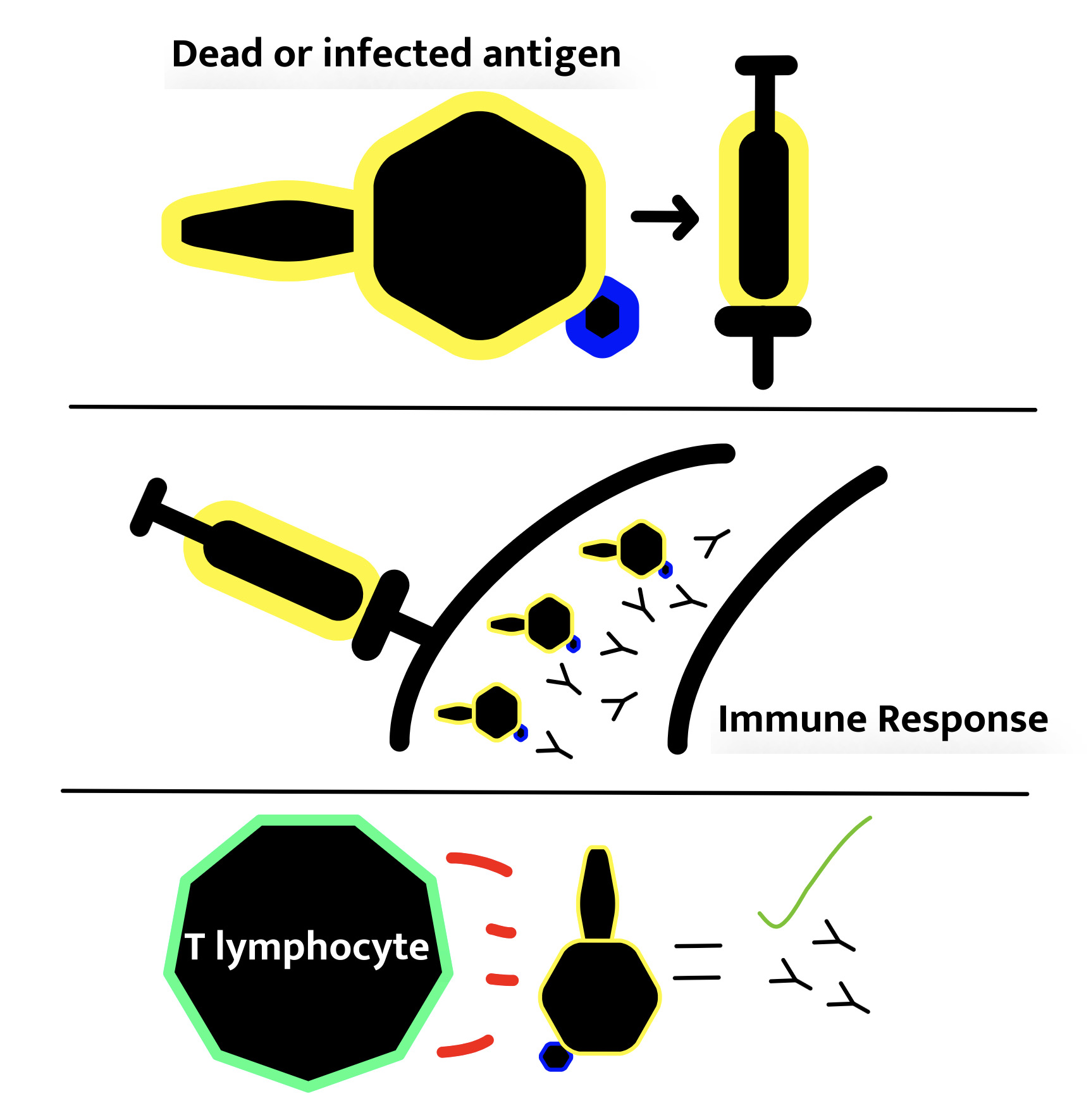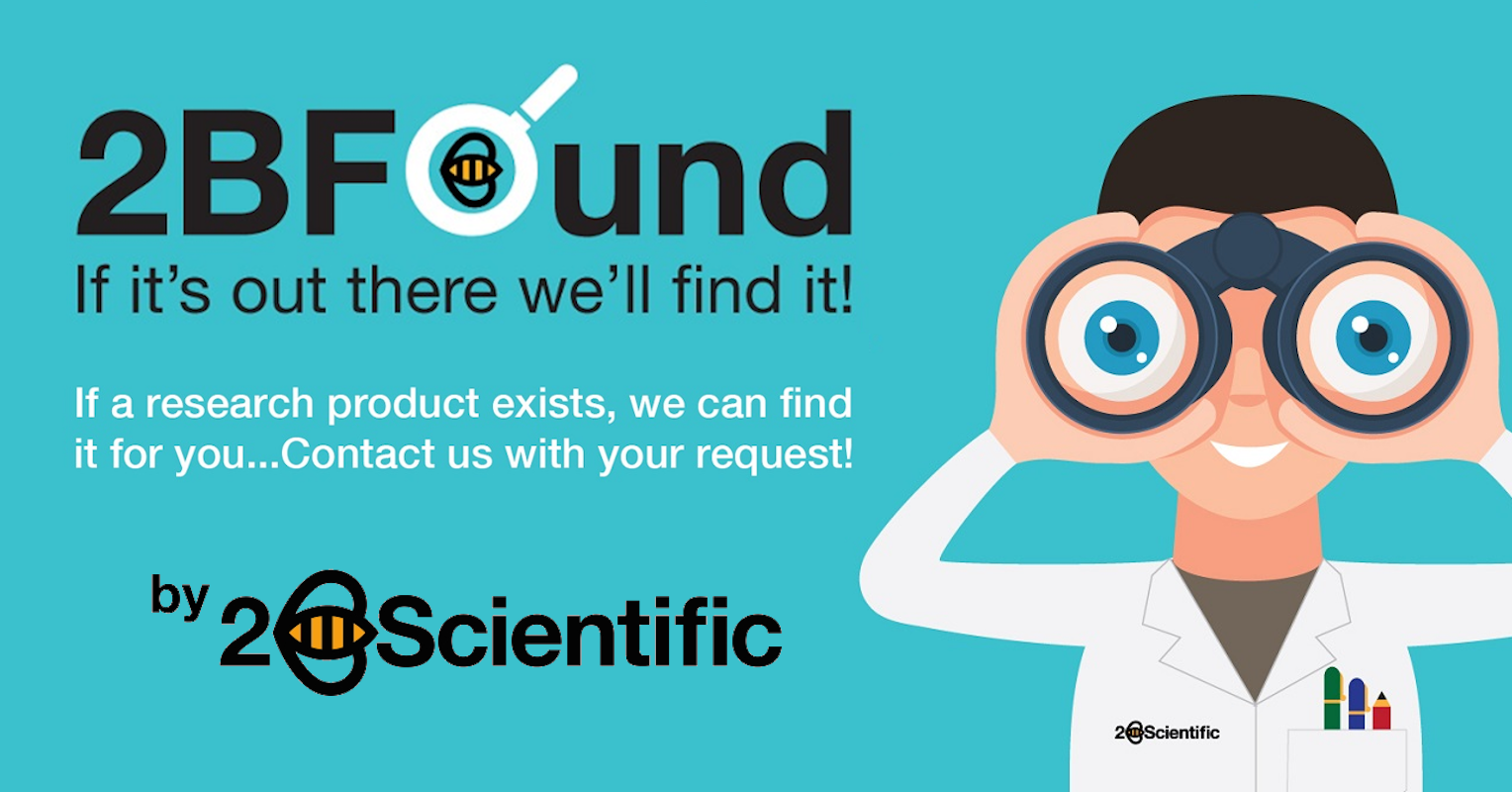Antigens
Learn more about antigens below.
Antigens
An antigen (Ag) is a molecule or molecular structure that is constructed from peptides, polysaccharides, lipids or nucleic acids, but are most commonly proteins and are recognised by antigen receptors. These antigen receptors include antibodies and T cell receptors, each of which is produced by a cell to target a specific type of antigen [1].
There is a range of different types of antigens, these include exogenous, endogenous, autoantigens, tumour antigens and native antigens. These antigens impact cells in a range of different ways based on their proteomic construction and where they are synthesised.

Exogenous antigens are the most common type of antigen and are synthesised by external factors such as pollen, food products and aerosols and enter the body via inhalation or injection. Some antigens may start out exogenous but later become endogenous, and examples of these are intracellular viruses which are characterised by long co-evolution of the virus, and host cell as well as their ability to return to regular circulation post host cell destruction.
Endogenous antigens can originate from outside the body but be synthesized within, this includes viruses, microorganisms, and protozoa. These proteins cause an immune response, specifically activating lymphocytes due to the body’s natural defence preventing damage to host cells. Antigens themselves have a molecular mass ranging between 8,000-10,000 Da and 600,000 Da and evidence suggests that the more chemically complex that they are the more immunogenic they are. Another example of these endogenous antigens are synthesised via normal cell metabolism, these are recognised by self-reactive T cells and are deleted as a result of tolerance to ensure autoimmune diseases don’t occur [2].
Autoantigens are the target of humoral and cell-mediated immune responses and are characterised by the ability to stimulate autoantibodies in the organism that produced them. As well as being constructed from self-proteins or protein complexes as well as in some cases RNA or DNA. In regular conditions, these self-proteins should not be a target for T cells but when the autoimmune disease is present, this isn’t the case and the immune system gets compromised.
Tumour antigens similarly trigger an immune response but can play a key responsibility as a tumour marker in identifying tumour cells. There are two types of tumour antigens, tumour-specific antigens which as the name suggests, are only found on tumour cells and tumour-associated antigens, which are found on tumour cells in addition to normal cells [3].
Native and Recombinant antigens are both used in research but are utilised for different methodologies and sourced from different places. Native antigens are extracted in their natural form and are often used in developing immunodiagnostic testing. Alternatively, recombinant antigens are artificially manufactured due to their genetic modification. These are additionally purified by glutathione S-transferase (GST) or a polyhistidine tag (His) and are most frequently used in a western blot or ELISA [4].

Dead Antigens
The use of antigens in vaccines plays a critical part in immunisation and reduces the severity of bacterial and viral infections. Administered vaccines contain either a dead or inactivated whole bacteria or virus or the proteins or sugars that are synthesised by them. This triggers an immune response, allowing the body to fight the antigens in a safe manner, from which T lymphocytes are able to recognise and respond in preparation for when fully exposed to the genuine antigen [5].
2BScientific Limited has a range of products, including a selection of antigens and vaccine controls. 2BScientific is passionate about ensuring that customers get the precise, required product and have a friendly and knowledgeable team ready to answer any technical queries.
